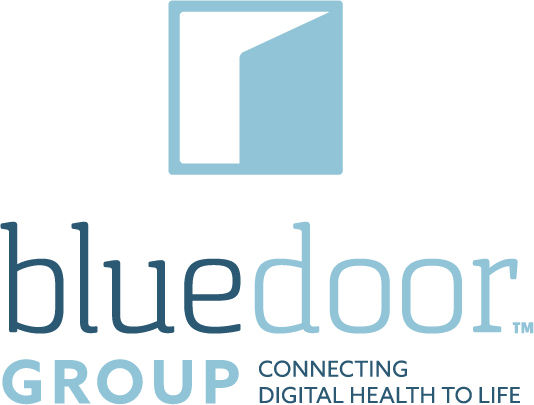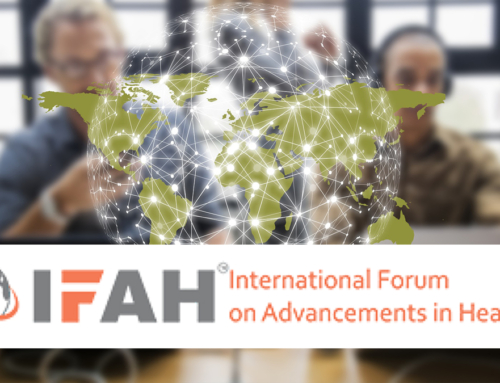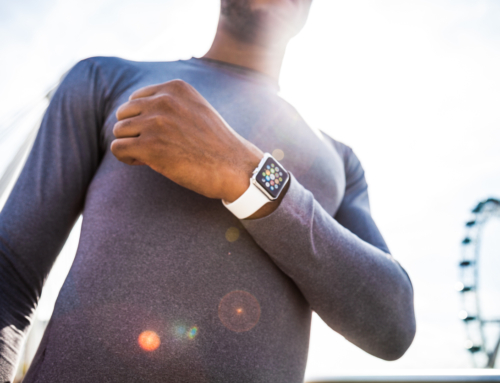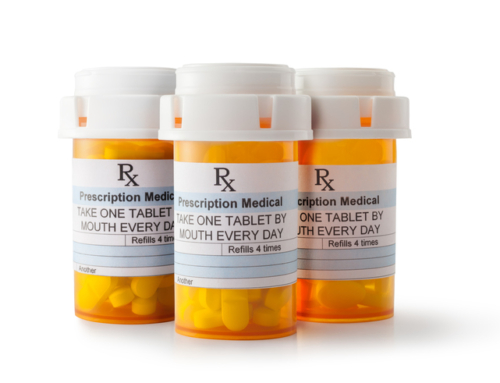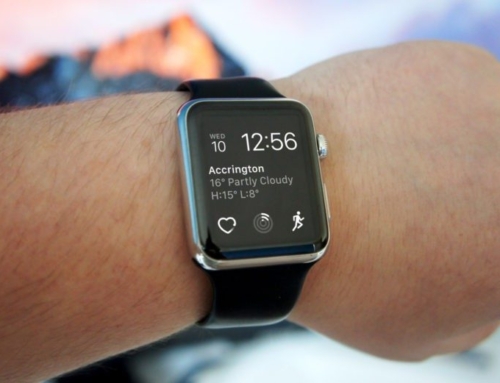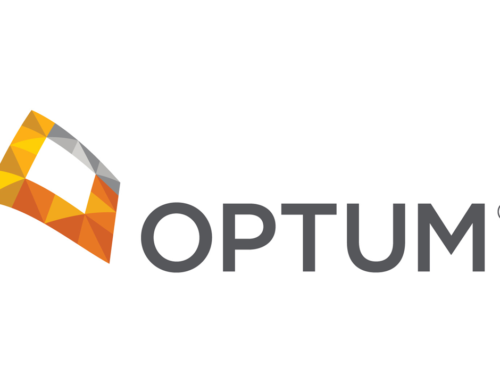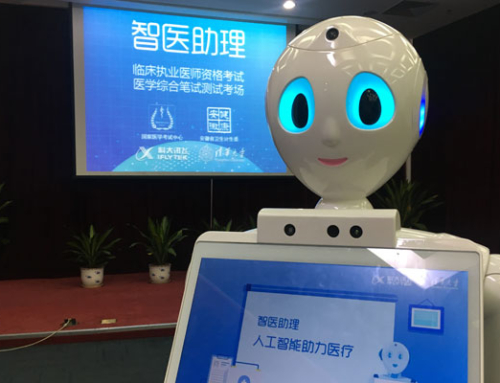Mark Derewicz | August 1, 2017
The Verily Study Watch will help researchers at the UNC School of Medicine and across the country collect first-in-kind data to better understand and diagnose adverse brain outcomes after trauma.
CHAPEL HILL, NC – UNC School of Medicine researchers and 19 medical institutions across the country have teamed up with Verily, the life sciences and health care subsidiary of Google’s parent company Alphabet, to use Verily’s investigational Study Watch in a major first-of-its-kind study of trauma recovery.
The AURORA study, led by UNC’s Sam McLean, MD, is an ambitious $21-million dollar study funded by the National Institutes of Health to achieve breakthroughs in understanding and diagnosing adverse posttraumatic neuropsychiatric conditions such as posttraumatic stress, post-concussive symptoms, depression, and pain. The nationwide study will begin enrolling individuals this summer. Participants will enroll after they experience life-threatening trauma, and researchers will follow these individuals for one year.
Typically in such longitudinal studies, researchers evaluate participants at a handful of separate points across time. But the Verily Study Watch, using a number of sensors, allows researchers to obtain continuous physiologic data from study participants during the hours, days, weeks, and months after trauma, providing AURORA investigators with the opportunity to evaluate changes in physiology and brain function in real time. In the future, clinicians may be able to use data from wearable devices to identify and diagnose people at risk of developing persistent post-traumatic conditions and symptoms.
Such data may also be useful in monitoring an individual’s conditions over time to optimize treatments.
“We are thrilled to team up with Verily Life Sciences for this study,” said McLean, associate professor in the UNC departments of anesthesiology and emergency medicine and principal investigator of the AURORA Study. “Using Verily’s new advanced wearable technology creates the possibility of identifying people at risk of adverse brain outcomes in the initial hours and days after trauma, and diagnosing and monitoring treatment responses over time.”In addition the Verily Study Watch, AURORA investigators will examine other passive data collection methods using smartphone apps and will collect data from participants using more traditional in-person visits, genomic measurements, neurocognitive tests, patient surveys, and medical record reviews.
“We hope that these data will allow us to develop a much deeper understanding of these disorders,” McLean said.
Check the AURORA Study for more information on this research project. The initial announcement of the NIH-funded grant was made in October 2016.
